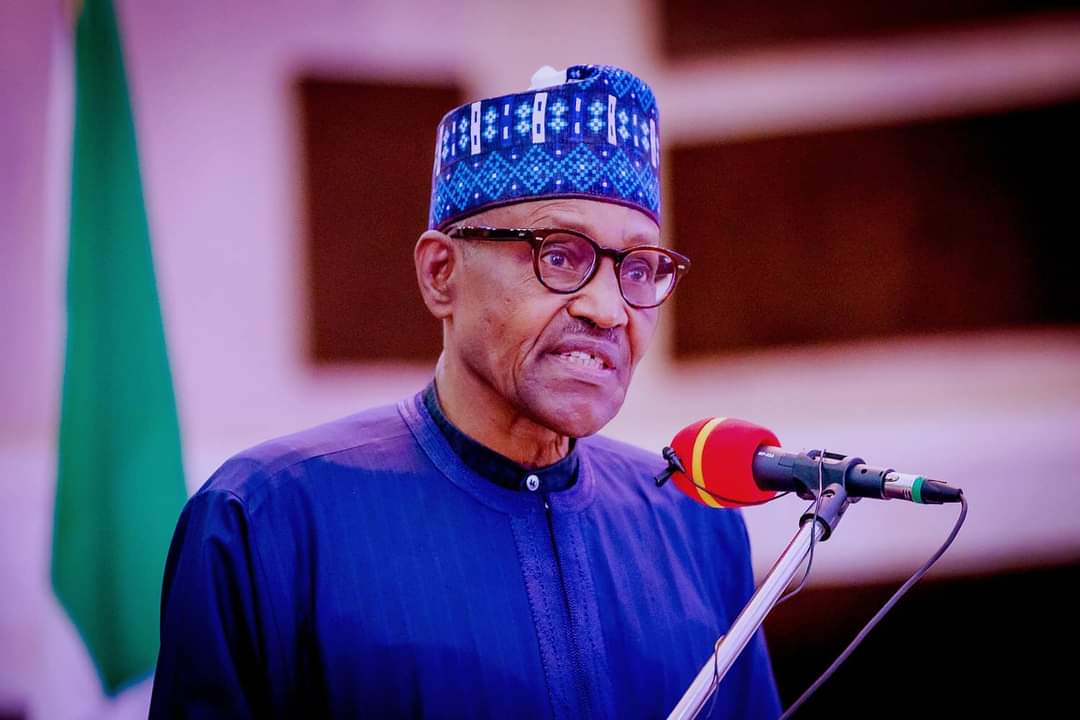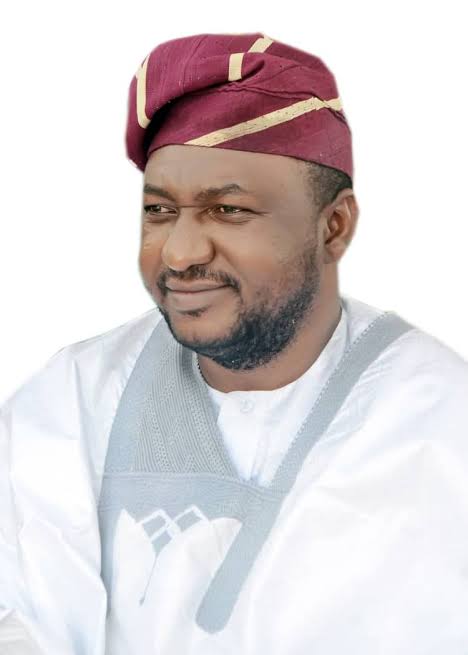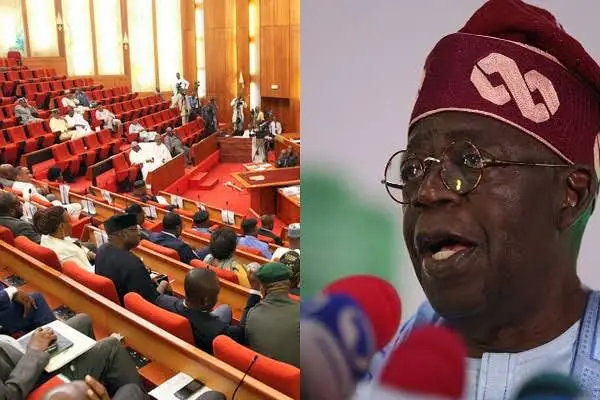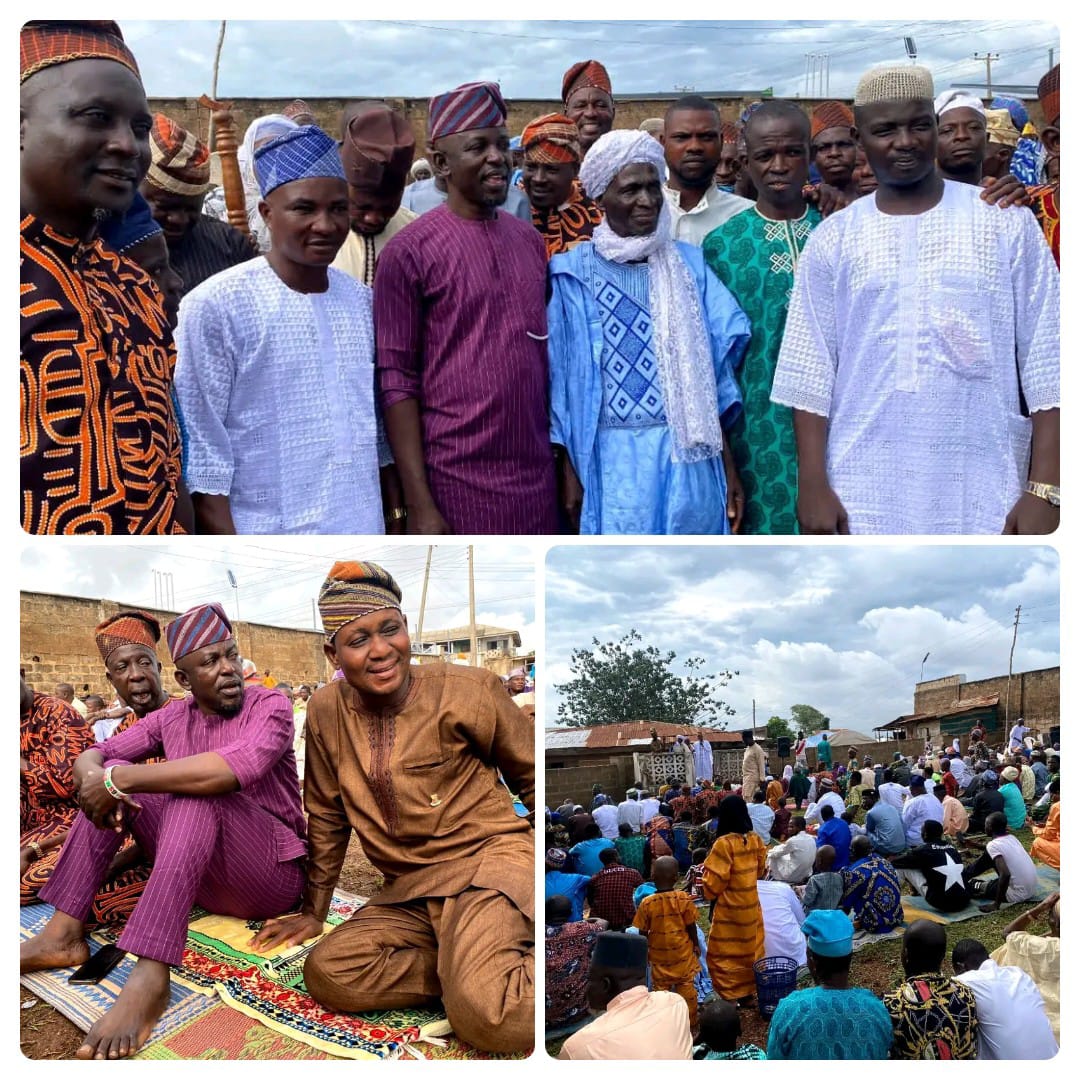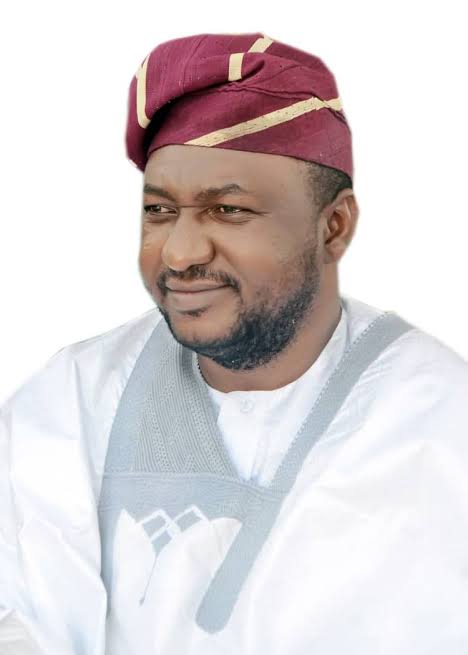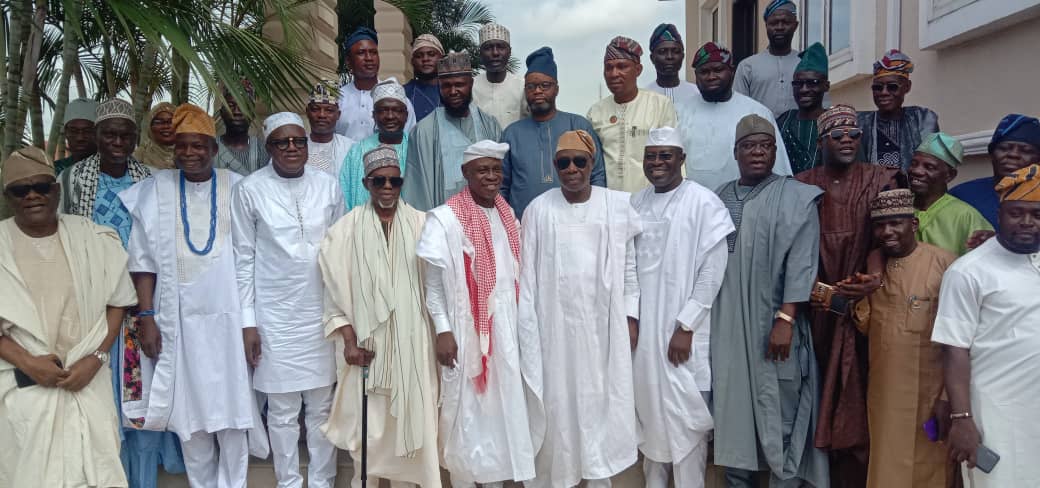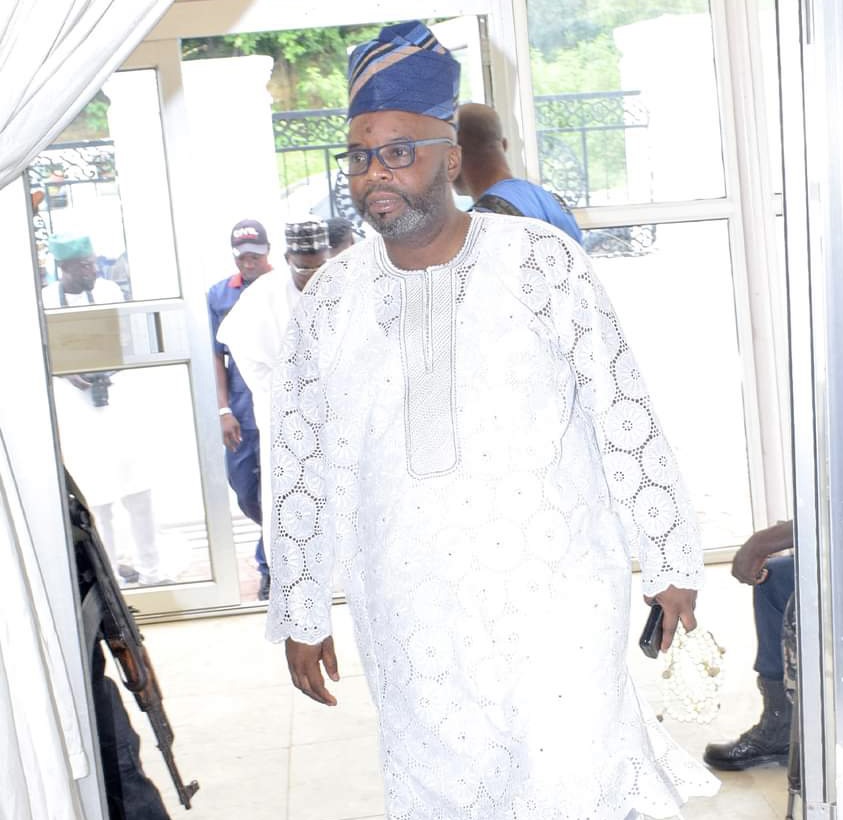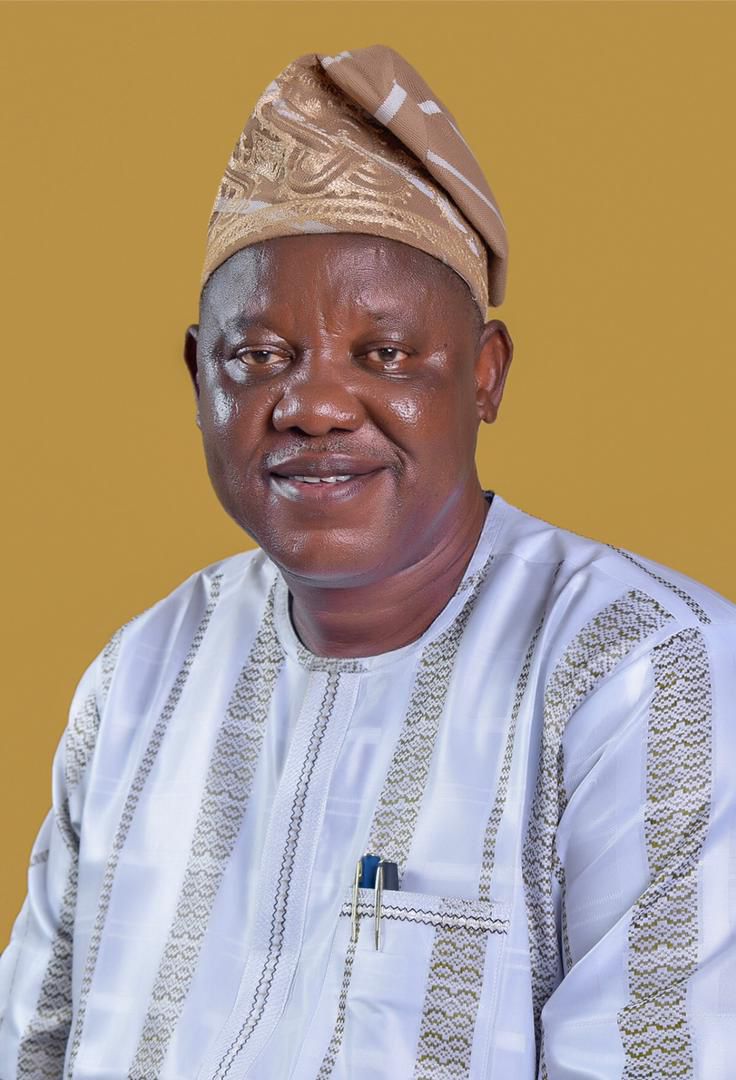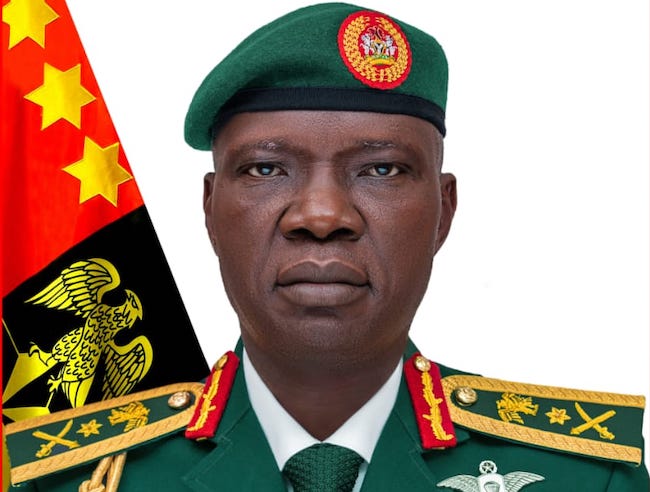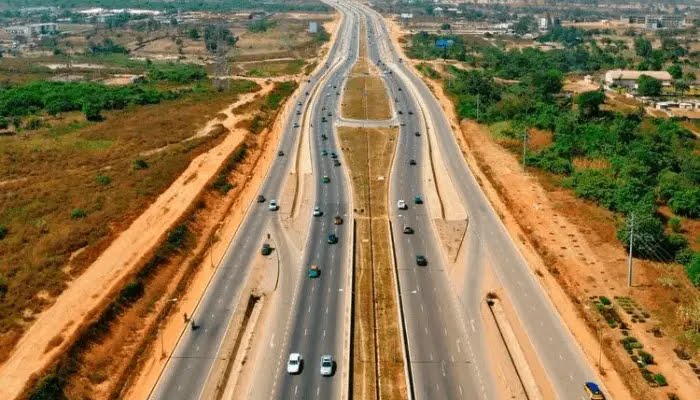Lagos-Calabar Coastal Highway: Construction Begins In Calabar And Akwa Ibom
The Federal Government has announced the immediate start of construction work on sections three and four of the Lagos-Calabar Coastal Highway project, beginning from Calabar.
The Minister of Works, Sen. Dave Umahi, made the announcement at an engagement with representatives of communities within the alignment of the road between Eko Atlantic (Chainage Zero) and Eleko inside (Chainage 47.4klm) on Thursday in Lagos.
He said that section three would start from Calabar and section four from Akwa Ibom.
Umahi said, “Let me announce also that Mr President has directed that section three that is starting from Calabar and section four that is starting from Akwa Ibom should commence immediately; and so, we are in the process of concluding the procurement.
“And for those who have been saying why not start these roads in Calabar, one, the zero point is Lagos and what wrong has Lagos done to these people?
“However, an impartial President of the Federal Republic of Nigeria, Sen. Bola Tinubu, has directed that section three and four be started from the end of the project. So while this is moving, the other one will be moving.
“I’m sure that sections five and six will also start in places like Port Harcourt and Bayelsa.”
Umahi also announced that the president had given approval for the commencement of construction work on the road connecting Sokoto to Badagry.
He said: ” Just the last Federal Executive Committee meeting on Monday, Mr President also approved another project; because this road have two spurs , that we start the design and procurement of that Sokoto to Badagry.
”It’s a 1,000 km, its running through a lot of irrigation, lands and dams where you can have a lot of power generation and its running from Sokoto to Kebbi, Kebbi to Niger, Niger to kwara, Kwara to Oyo, Oyo to Ogun state, and then to Badagry in Lagos State.”
The minister, who acknowledged potential criticism about the project’s scale and chosen sections, mentioned that section one, a 47.7 kilometers, was ambitious for an interstate road project.
He said that the federal government’s plan was to recoup construction costs through tolling and selling land along the road corridors.
The aim, according to him, is to create a scenic route similar to coastal highways in other countries.
Additionally, he said that the return on investment would start immediately the first section was completed and would come from tolls and land sales along the completed section one.
The minister pointed that the country loses money daily due to cargo transshipment at Apapa Port.
He explained that Apapa Port’s water depth was insufficient for large ships, forcing them to use deeper ports elsewhere for cargo transfer (transshipment), which incurred millions of dollars on daily basis.
He said that the new roads would act as an evacuation corridor for the Lekki Deep Sea Port to other parts of the country.


